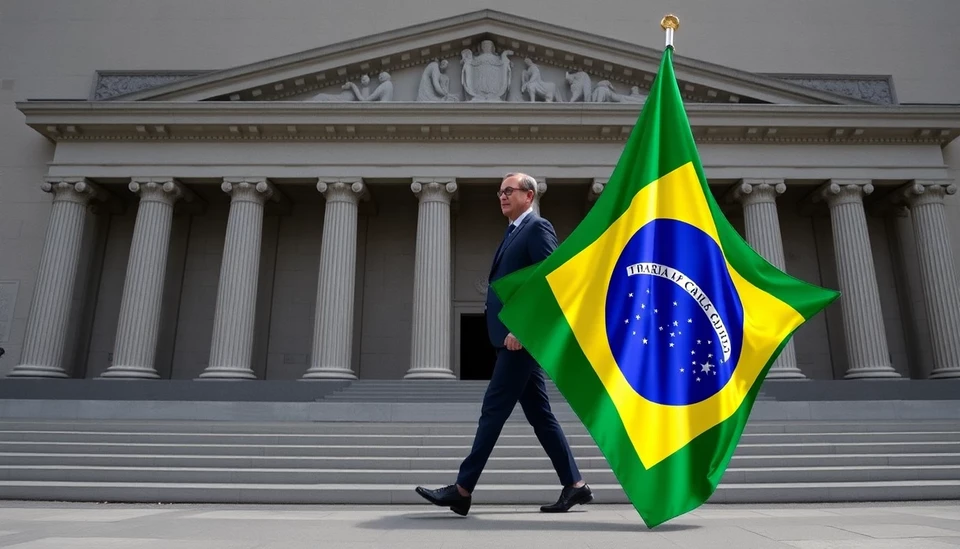
In a significant economic maneuver aimed at strengthening its beleaguered currency, Brazil's central bank announced a substantial increase in interest rates. The decision has sparked discussions among economists and market participants regarding the potential impact on inflation and the broader Brazilian economy.
The central bank, which has grappling with rising inflation rates and a struggling currency, implemented a historic hike to its benchmark interest rate. The rate increased dramatically, positioning Brazil's financial strategy as one of the most aggressive in recent global monetary policies. Analysts suggest that this bold move is designed not only to combat inflation but also to restore confidence among international investors.
Brazilian officials have expressed optimism that this strategic increase will bolster the national currency, the real, which has faced significant depreciation. By raising interest rates, the central bank aims to attract foreign capital, offset domestic economic volatility, and stabilize the exchange rate against the US dollar. This monetary tightening comes in the wake of increased inflationary pressures that have affected consumers and businesses alike.
The implications of this move are multifaceted. While the hike might attract investment and strengthen the real in the short term, questions remain regarding the potential impacts on borrowing costs for citizens and businesses. Higher interest rates generally lead to more expensive loans, which could dampen economic growth as consumer spending and corporate investments may slow down in response to increased financial burdens.
Critics of the rate hike caution that while it may provide immediate relief to the currency and curb inflation, Brazil must tread carefully to avoid stifling growth. The balance between controlling rising prices and maintaining economic momentum is delicate, and policymakers will need to monitor the ensuing economic conditions closely.
Market analysts will be keeping a close eye on the Brazilian economy and are expected to adjust their forecasts in response to this pivotal policy shift. Investors are particularly interested in how the global landscape will influence Brazil's rate decisions moving forward, as external economic conditions can significantly sway domestic financial strategies.
As Brazil embarks on this ambitious monetary journey, the implications of its recent decisions will unfold in the coming weeks and months. Economists and market watchers alike will certainly remain attentive to how these developments play out in the global financial arena.
In conclusion, Brazil's aggressive approach to interest rates reflects a critical moment in its financial strategy. Only time will tell if this gamble pays off—strengthening the currency while fostering a resilient economy capable of withstanding future challenges.
#Brazil #InterestRates #EconomicStability #Investment #CurrencyStrength #CentralBank #FinancialCrisis #InflationControl
Author: Laura Mitchell




